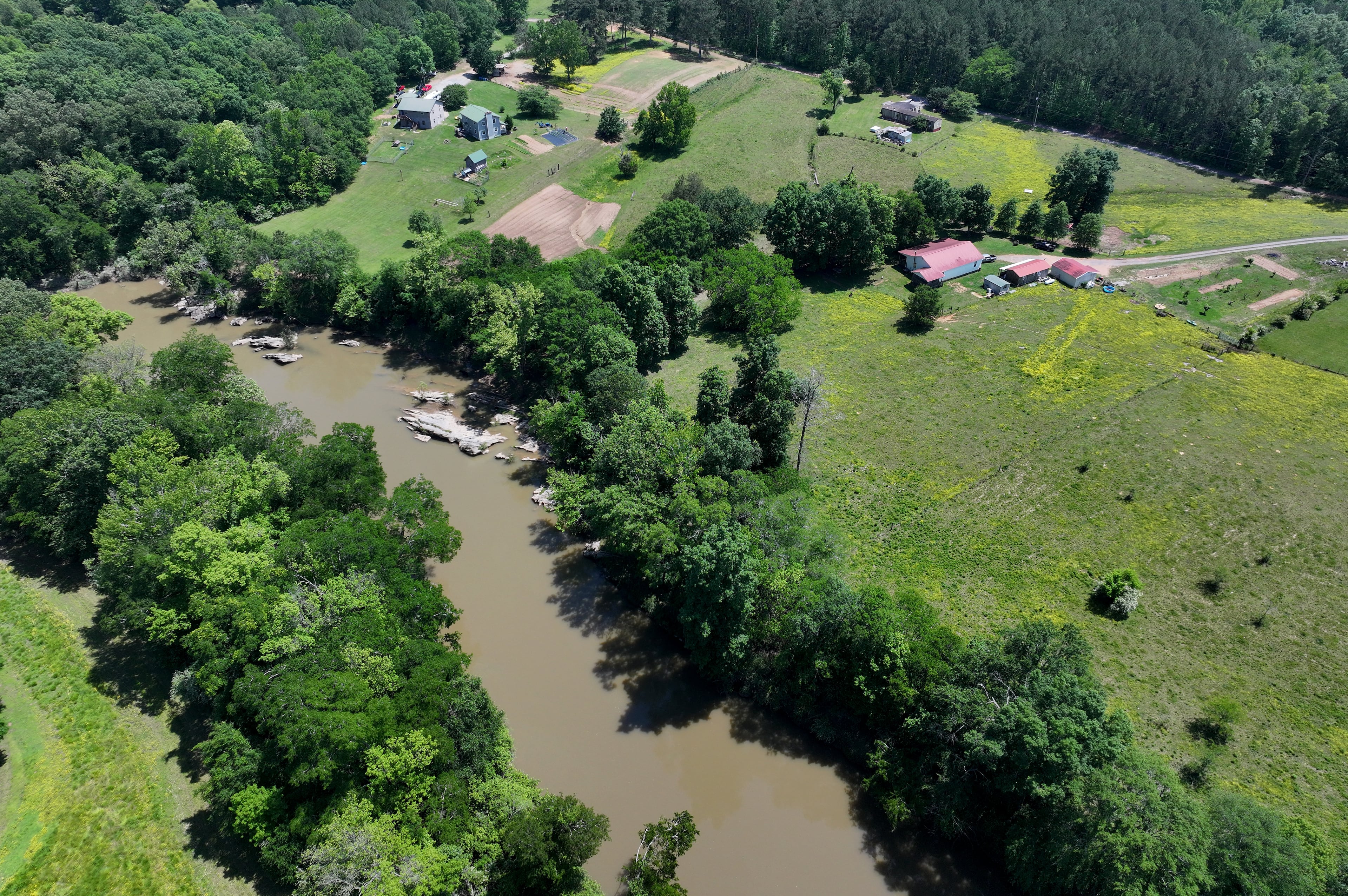Georgia Power customers will pay billions to burn dirty wood

If you are tired of watching your Georgia Power bill rise, you need to learn who the Public Service Commissioners are.
These five elected officials are charged with regulating Georgia Power, our state’s monopoly utility. Recently, they approved six bill hikes for residential and small-business customers and deepened our reliance on dirty, expensive fossil fuels like coal and methane gas for decades.

In September, they approved a contract to burn “tree scraps” — called biomass — for energy, resulting in several billions of dollars in cost overruns for the next 30 years. The main contract is for Altamaha Green Energy to build a new facility in Wayne County to provide 70 megawatts of capacity for an absurd price of more than three times the energy’s economic value. Not only will this decision cost Georgia Power customers billions of dollars, but these biomass facilities will also continue to pollute the communities they operate in.
You might be wondering why anyone would choose expensive, dirty energy over renewables or more reliable generating assets, such as solar and battery storage. Some commissioners claim it will support Georgia’s forestry industry and rural economic development. However, the purported benefit makes up a single-digit percentage of the billions of dollars this energy will cost. Georgia Power’s billpayers, including the houses of worship and the faith communities we work with, are now stuck subsidizing a dirty, expensive and harmful industry.
Biomass supporters like to point out that tree limbs and sawdust left behind by the timber industry create emissions as they decompose. What they fail to tell you is that burning forests for electricity releases more climate-warming pollution than burning coal.
As a reminder: The stated mission of the five elected members of the Public Service Commission is to “ensure that consumers receive safe, reliable, and reasonably priced telecommunications, electric, and natural gas services.” The biomass contract they approved isn’t safe or reliable, and it most certainly isn’t reasonably priced.
The entire biomass industry is dirty. Many biomass facilities that manufacture wood pellets habitually violate their permits to pollute the air. This disproportionately affects Black and low-wealth communities across Georgia. In fact, an affiliate company of the new Altamaha facility, Fram Fuels, is notorious for spewing air pollution in neighboring Hazlehurst, Baxley and Lumber City.
Biomass is also unreliable. At the peak of Winter Storm Elliot in December 2022, nearly 90% of Georgia Power’s biomass was offline.
The Public Service Commission has essentially levied a tax on Georgia Power customers, to the tune of billions of dollars, so the forest industry can make millions selling “tree scraps” to the dirty biomass industry. This is unthinkable and wholly outside the mission of the commission. Instead of letting the market decide the fate of an uneconomical industry, the Public Service Commission used its immense power to give biomass a Georgia Power billpayer-funded bailout.
If you’re tired of seeing your Georgia Power bills rise or can’t afford to pay them, you must start paying attention to this process. In January 2025, commissioners will start public proceedings on Georgia Power’s Integrated Resource Plan, a process that happens typically once every three years to plan for future energy needs. I anticipate Georgia Power will ask to build more dirty, expensive fossil fuel plants and fight to stop innovative, clean energy that will actually save customers money.
The elected members of the Public Service Commission need to know Georgians are fed up with rubber-stamped bill hikes and that we’re paying attention. To be clear, they voted to burn trees for energy, pollute communities and increase your bills at the same time. This is to the benefit a polluting industry, not Georgia Power’s customers.
Codi Norred is executive director of Georgia Interfaith Power and Light, whose mission is to inspire and equip communities of faith to implement practical climate solutions and advocate across Georgia on issues of climate change, environmental justice and community resilience.


